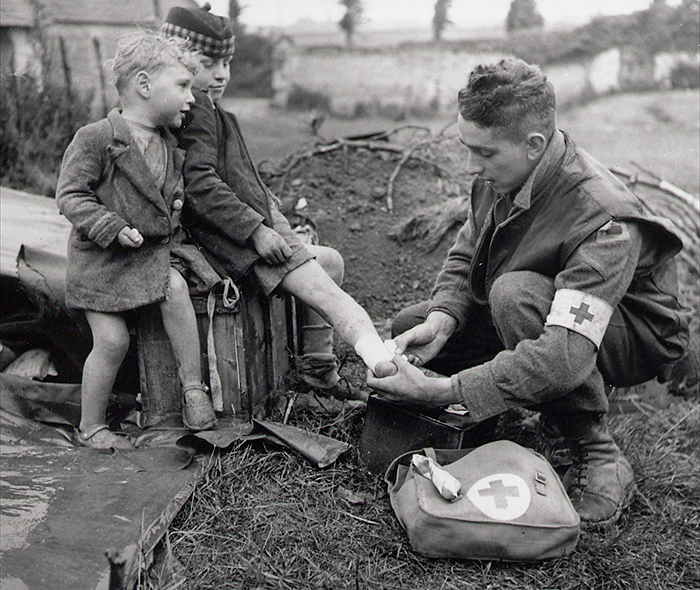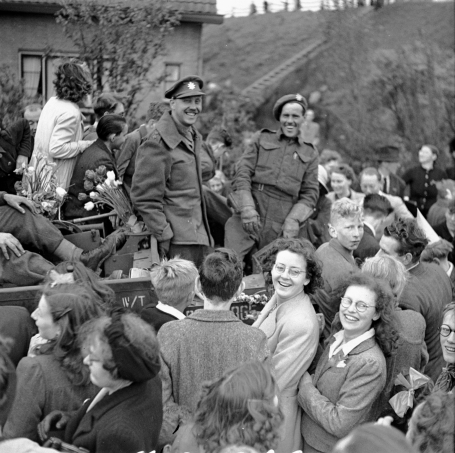How to lose wars and win battles: a good beginning would be to ignore Karl von Clausewitz- as we apparently have been doing since the end of WWII. And Clausewitz died in 1831…
For Clausewitz the central points about war are that it is violent and that it is a contest of wills. Therefore, the basis of all strategy must be combat. The battle, even if it is for some reason unfought, remains the yardstick of war. In a simile that particularly tickled Engels, who passed it on to Marx, Clausewitz says that fighting is to war what cash payment is to trade: however rarely it actually occurs, everything must be directed toward it. After all, a battle avoided is often simply a battle that one side knows it will lose.

—The revolutionary and Napoleonic wars had their own enlightened interpreter – Carl von Clausewitz, the great advocate of the application of reason to conflict. As a Prussian, who spent his entire military career fighting the French – on the Rhine in 1793, then in the battles of Auerstadt (1806), Borodino (1812) and Wavre (1815)–Clausewitz was well qualified to reflect on the success of the Napoleonic campaigns.
Like others, he was astonished by the speed, mobility and mass of revolutionary warfare. The plans of generals –schooled in eighteenth-century wars of manoeuvre and drill – were useless in the face of armies inspired by patriotism and revolutionary fervour. Clausewitz spoke of the French as “a force that beggared all imagination. Suddenly war became the business of the people – a people of 30 millions, all of whom considered themselves citizens.”
Clausewitz made careful note of the political factors that gave shape to the new warfare, especially the mobilisation and motivation of the French army. In France, the revolution ennobled soldiering. Men fought for the Republic and for liberation, as citizens, not subjects—Read More:http://www.clausewitz.com/readings/CaleReview.htm image:http://www.tribemagazine.com/board/tribe-main-forum/80003-remembrance-day-2.html
Clausewitz reckoned that in his own age the professional performance of armies was about equal, and that consequently, “superiority in numbers becomes everyday more decisive.” In Clausewitz’s opinion, therefore, the essence of strategy lay in the calculations of space and time that enabled a general to give battle at the crucial point with all his available forces concentrated. Dispersion and diversion were enticing traps to be avoided. Later critics,especially the modern proponents of small, elite mobile forces, have attacked Clausewitz for his emphasis on the decisiveness of numbers- and industrial superiority- that determined the outcome of two twentieth-century world wars.
Clausewitz believed that the critical point in strategy is the enemy’s “center of gravity.” This is usually his principal field army, which,once defeated, deprives the enemy of the means and will to resist. However,in the case of a politically shaky opponent, the center of gravity might well be the enemy’s capital city. The center of gravity of a coalition is the strongest member of it, the ally without whom the others cannot sustain war. This almost self-evident point was lost on those during the First World War who looked on Turkey, Bulgaria, and Austria as the “props” of Germany, which if knocked away, would lead to cheap victory.

—They abandoned the rigid lines of troops used by other armies of the period. They skirmished in open formation, and attacked in great masses. They developed efficient mobile artillery that could support infantry at all phases of combat. They broke armies up into smaller units that could operate more flexibly and independently. And they solved the problem of supplying huge armies by getting soldiers to live off the land. Napoleon became the master of initiative, concentration and surprise.
These changes prompted Clausewitz to ask: what is war? By setting the European wars in the context of political and social change he arrived at the insight that guided his theory: war was not a thing in itself, but was shaped by politics. As he wrote in the first chapter of On War, published in 1832, after his death, “war is nothing but the continuation of policy by other means.” —Read More:http://www.clausewitz.com/readings/CaleReview.htm image:http://www3.nfb.ca/ww2/many-voices-many-stories/pride-and-sacrifice.htm?view=712169&subtype=archives
About the nature of battle itself Clausewitz says much that is penetrating. Far from being the dramatic clash of romance, it is a gradual wearing away of physical and moral resources. The slowly tilting balance of defeat and vicotry is a moral one, maifested by loss of ground and/or by the faster consumption of reserves and effort on the part of the loser.
The insight of the general should tell him the moment when a battle is lost, and instead of committing more reserves to be consumed in vain, he should husband fresh forces for another battle, which may redress the balance. Casualties are about the same on both sides in the battle itself: it is after the battle, in confusion and retreat, that the defeated army suffers disproportionate losses. Even then, it is the moral effect, rather than the casualties, that most upsets the equilibrium of the campaign. Clausewitz points out, however, that the equilibrium tends to right itself in time; the effects of victory are rarely long-lasting.





 COMMENTS
COMMENTS